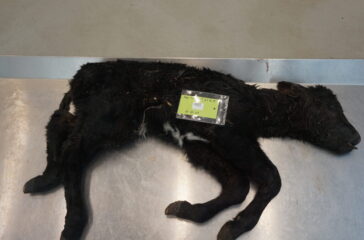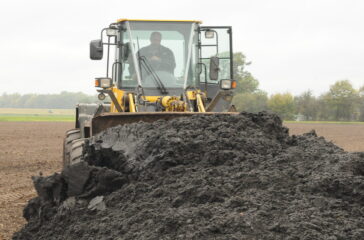For the past 18 years, Maine farmer Bill Pluecker has worked long hours tending to his family’s organic vegetable farm, growing crops he sells directly to consumers through a community agricultural program.
Working on the farm is a job that Pluecker juggles with his elected position as a state lawmaker, and the combination of roles gives Pluecker particular insight into a devastatingly broad environmental contamination problem farmers are facing throughout Maine, and around the United States.
The problem is PFAS. Often referred to as “forever chemicals” because they do not break down and can persist indefinitely, per- and polyfluoroalkyl substances (PFAS) have become recognized as a significant health and environmental threat with long tenacles. Researchers have found PFAS contaminating water, soil, food, and even the bodies of humans and animals around the world.
Widely used in consumer goods and industry since the 1940s, PFAS include more than 9,000 synthetic chemicals that build up in living tissue and can endanger health.
“It’s overwhelming; it’s in our products, in our bodies, in our food system,” said Pluecker, who is grateful that his own farm appears not to be contaminated with the PFAS he calls “poison.”
 EWG
EWG





